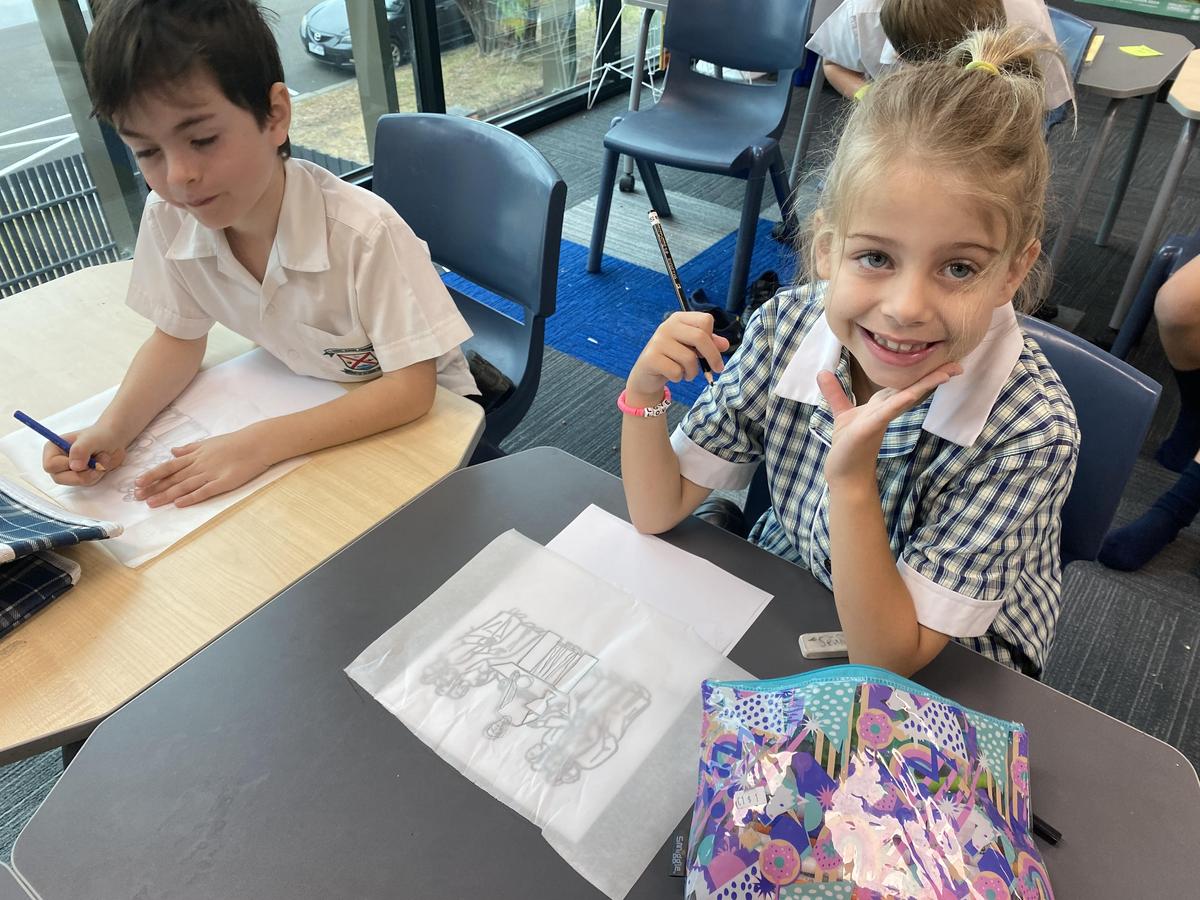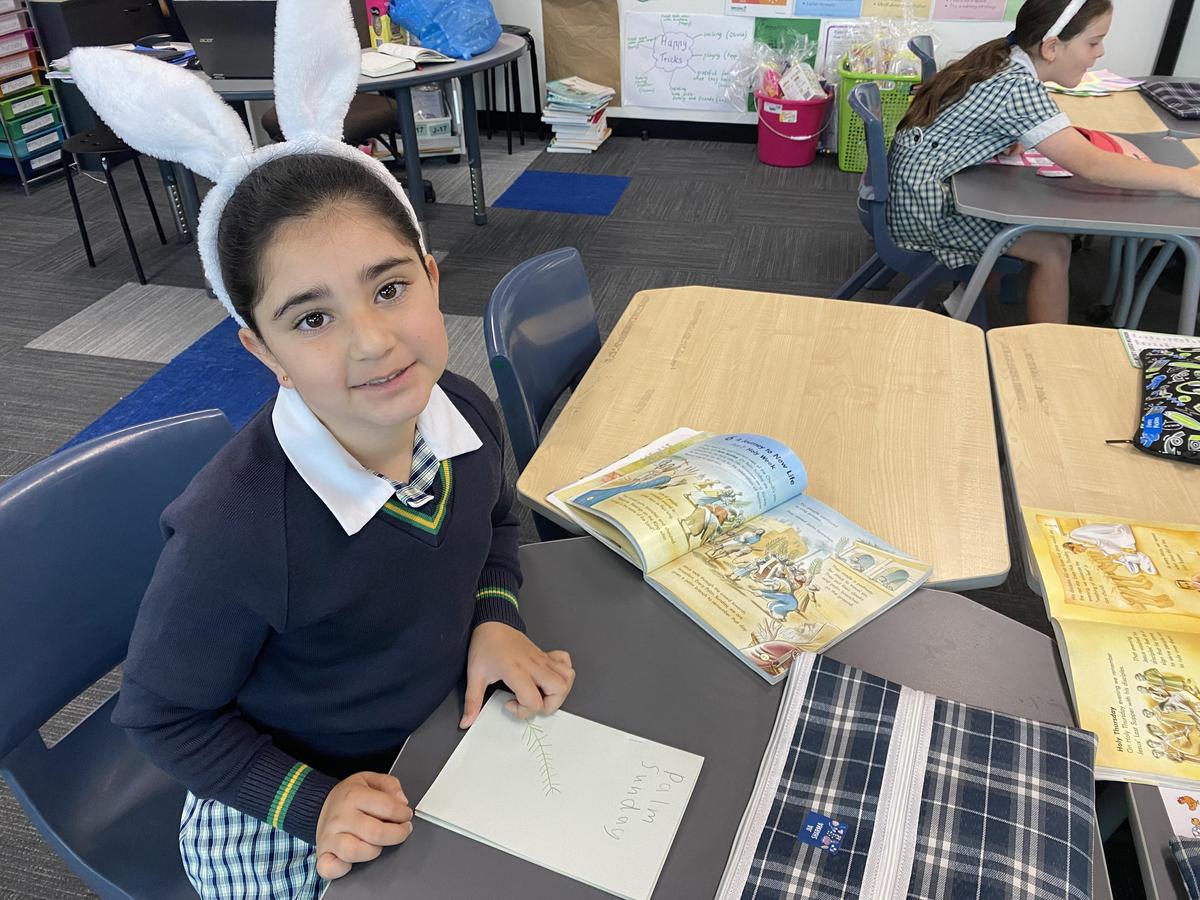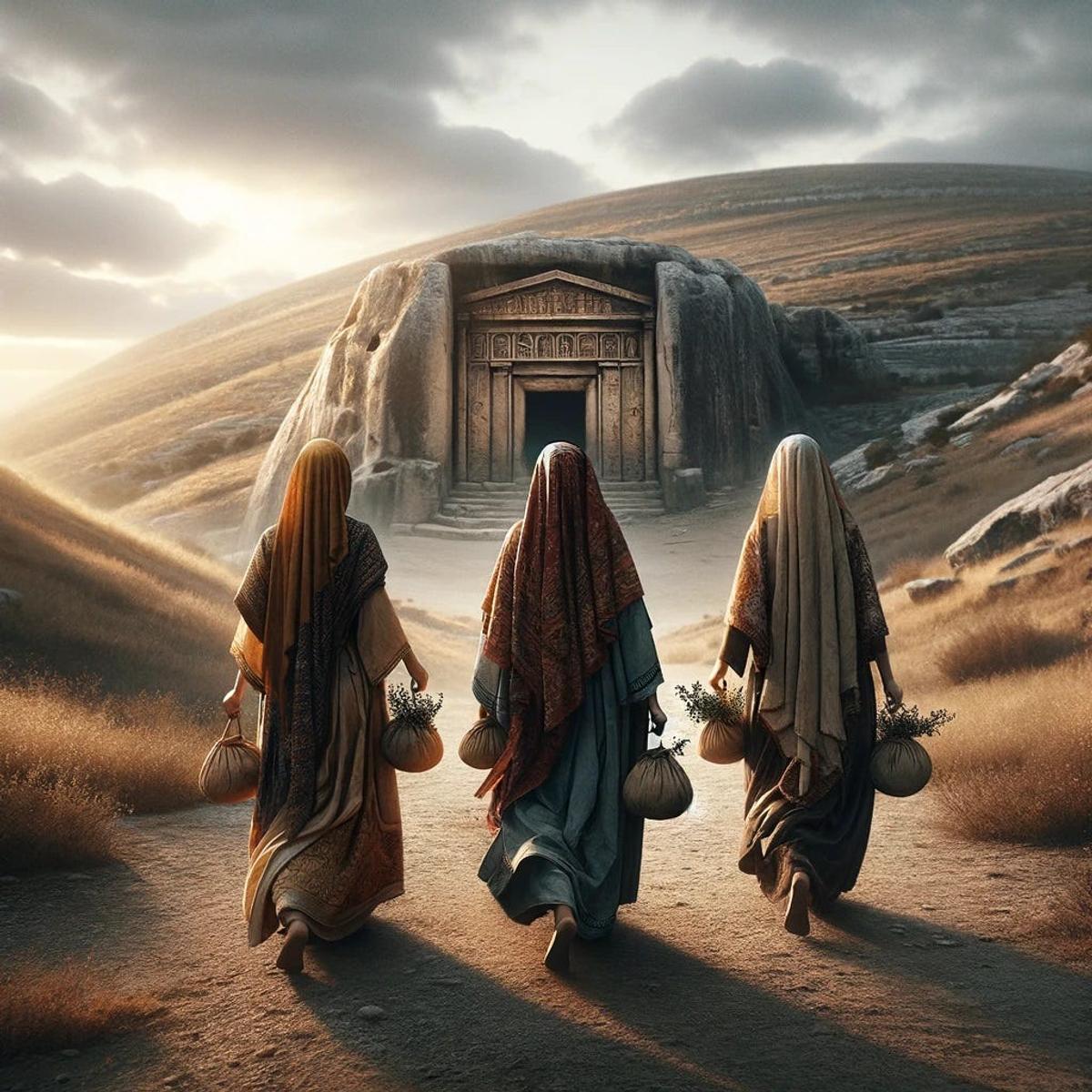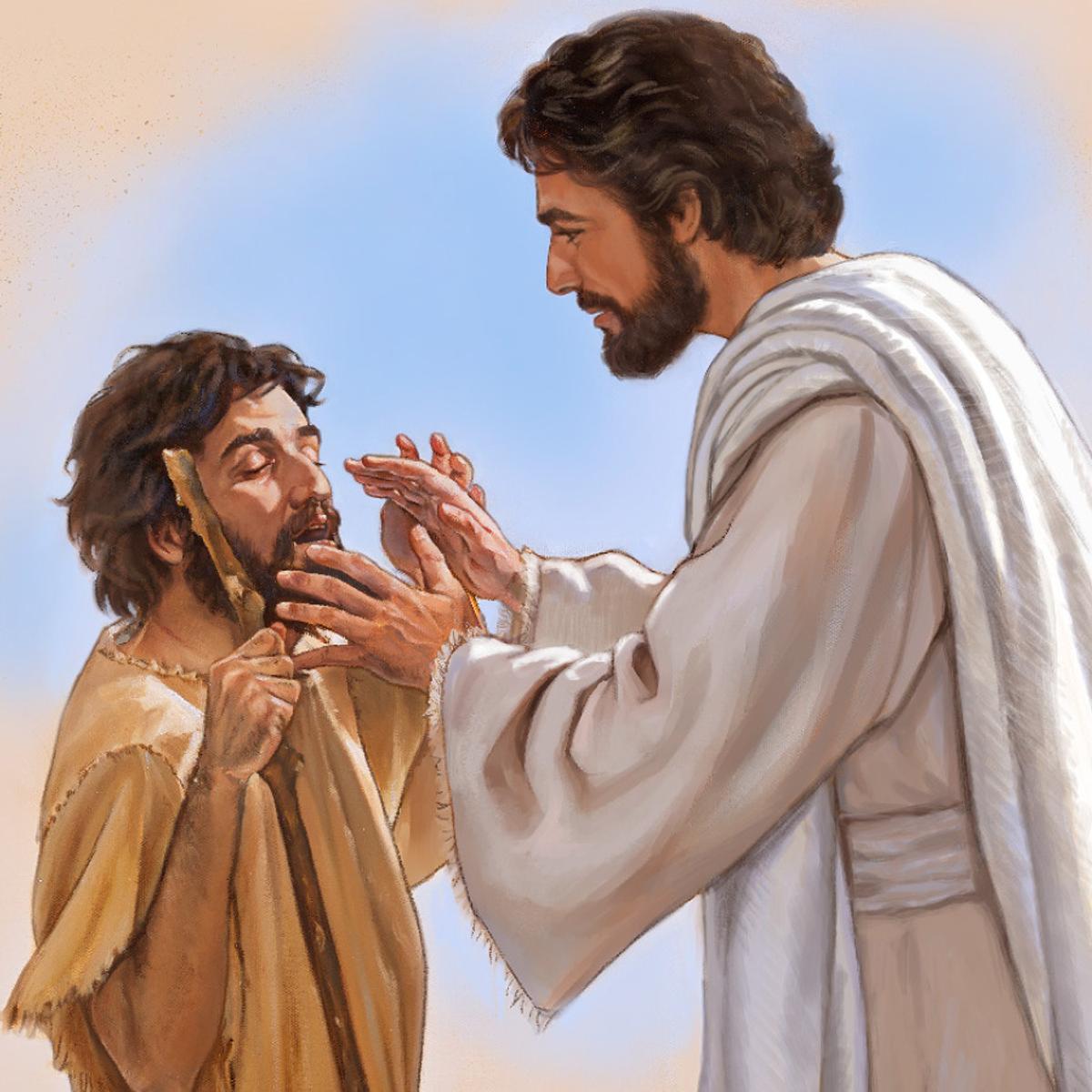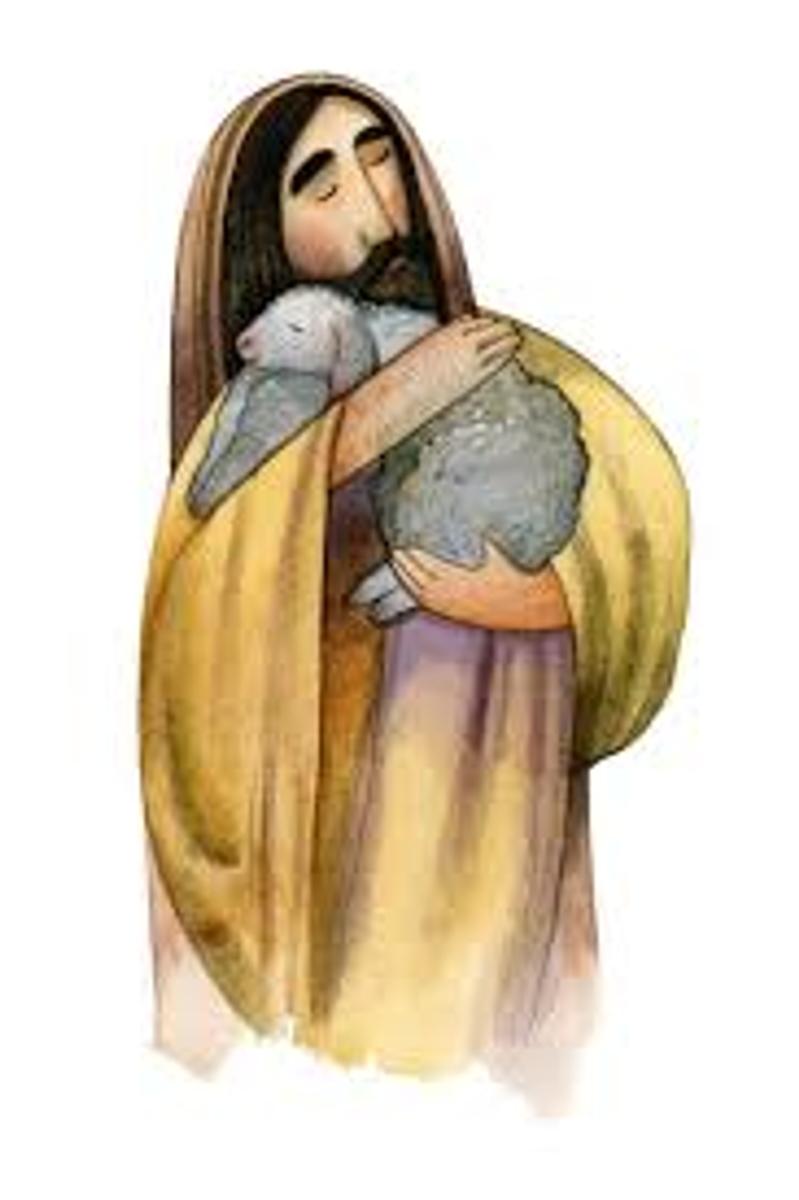Religious Education

Happy Easter!
A Happy Easter to you all! I hope you were able to enjoy the celebrations together and had a relaxing break. It was wonderful to see many St Patrick's families at our Parish's celebration of the triduum and Easter Sunday mass.
In the Catholic tradition, the celebration of Easter lasts for a total of 50 days, from Easter Sunday until the feast of Pentecost (May 19 2024), when the Holy Spirit came upon Mary and the disciples as Jesus promised (John 14-16). The Greek word “pentecoste,” means “50th". The Easter season is the most important time for the Church, celebrating with immense joy and exultation Jesus’ victory of sin and death, God’s greatest act of love to redeem the world.
As Pope Francis said in his Easter address this year, "This is the amazing discovery of that Easter morning: the stone, the immense stone, was rolled away. The astonishment of the women is our astonishment as well: the tomb of Jesus is open and it is empty! From this, everything begins anew! A new path leads through that empty tomb: the path that none of us, but God alone, could open: the path of life in the midst of death, the path of peace in the midst of war, the path of reconciliation in the midst of hatred, the path of fraternity in the midst of hostility."
May the light of the resurrection transform our hearts and minds and help us see the value of life around us and renew our hope of eternal life with God who is love.
Gospel Reflection
Gospel Reading
Jesus says that he is the Good Shepherd who knows his sheep.
Unpacking the Scripture
The fourth Sunday of Easter is also called Good Shepherd Sunday. If we don't consider the context of John's Gospel here we will miss the understanding of Jesus calling himself the Good Shepherd.
This chapter follows after Jesus' healing of the blind man and rejection of this miracle by the Pharisees (Jewish religious leaders) that question his authority to heal. Jesus describes his relationship with his followers akin to the relationship between a 'good shepherd' and his sheep. A good shepherd risks his life in order to protect his sheep whilst a hired shepherd abandons his sheep when faced with danger. Here the Pharisees understood his suggestion that they are the hired shepherds and in their anger attempt to arrest and stone Jesus.
The good shepherd knows the sheep and therefore acts out of love. For him, this is never simply part of a job; this love-in-action is integral to his identity. This is how Jesus sees us, as his dear sheep, his children, in whom he laid down his life for our salvation when he suffered, died and rose again.
Family Connection
The Good Shepherd makes sacrifices for the sheep not because it is required, but because it is a choice. This is the reality of parenting and the dynamics of a healthy family life. Parents choose to make sacrifices for their children out of love, not obligation. Parents have the responsibility to model and invite their children to choose to make sacrifices for others out of love rather than obligation.
Pray
Gather together and read John 10:11-18. Discuss how the example of the Good Shepherd might inspire your family life. Prayerfully examen your family life together: Do we do chores cheerfully and without having to be asked multiple times? Do we gladly share with others? Do we speak kindly to eachother, especially after a long day? Do we willingly contribute to the family good when asked? Invite each family member to make a resolution to one action/attitude to focus on in the upcoming week that follows the example of Jesus, the Good Shepherd. Pray together:
Loving Jesus, Good Shepherd, teach me true generosity. Teach me to serve you as you deserve. To give without counting the cost, to forgive instead of showing anger, to love without seeking reward, to ask for forgiveness instead of hiding, to hope without despair, to listen without interrupting. Help me follow in your ways and trust in your love. Amen.
India Mitchell-Fletcher
Religious Education Leader



